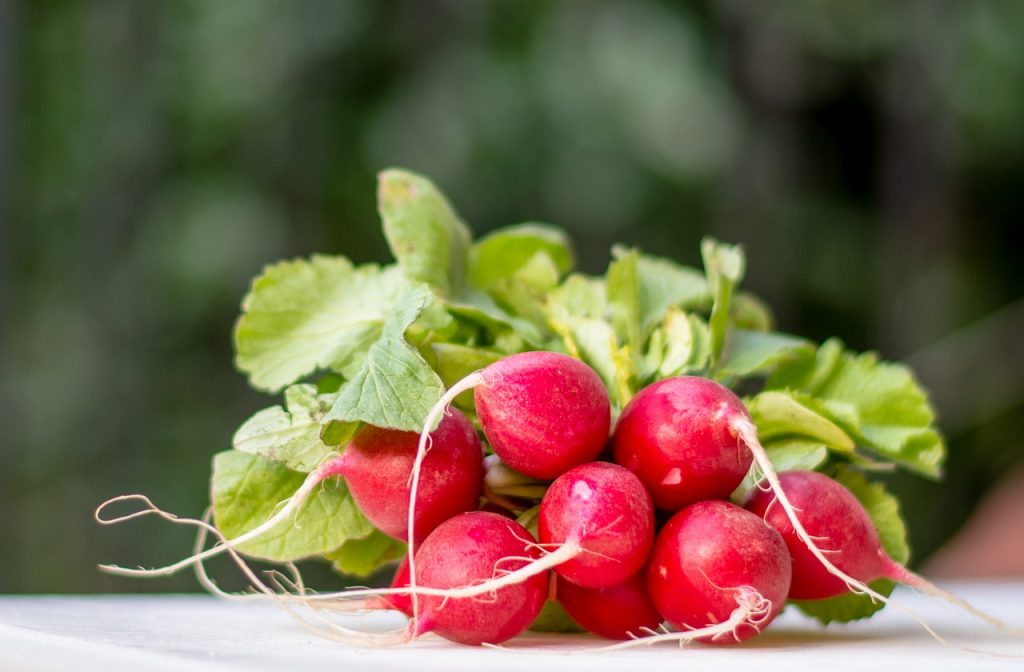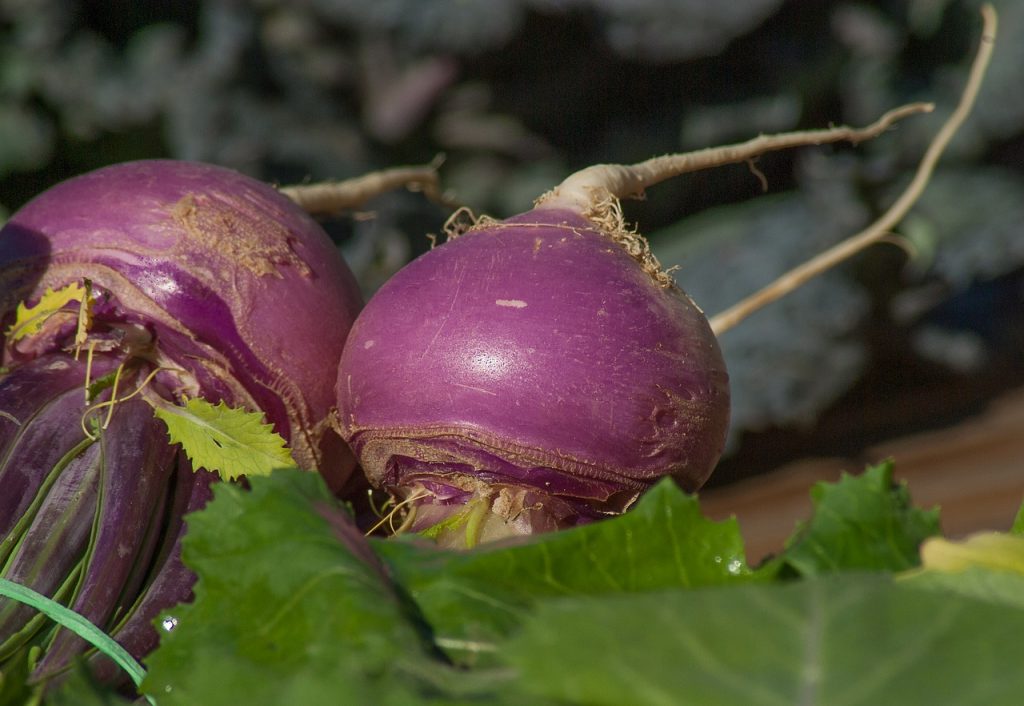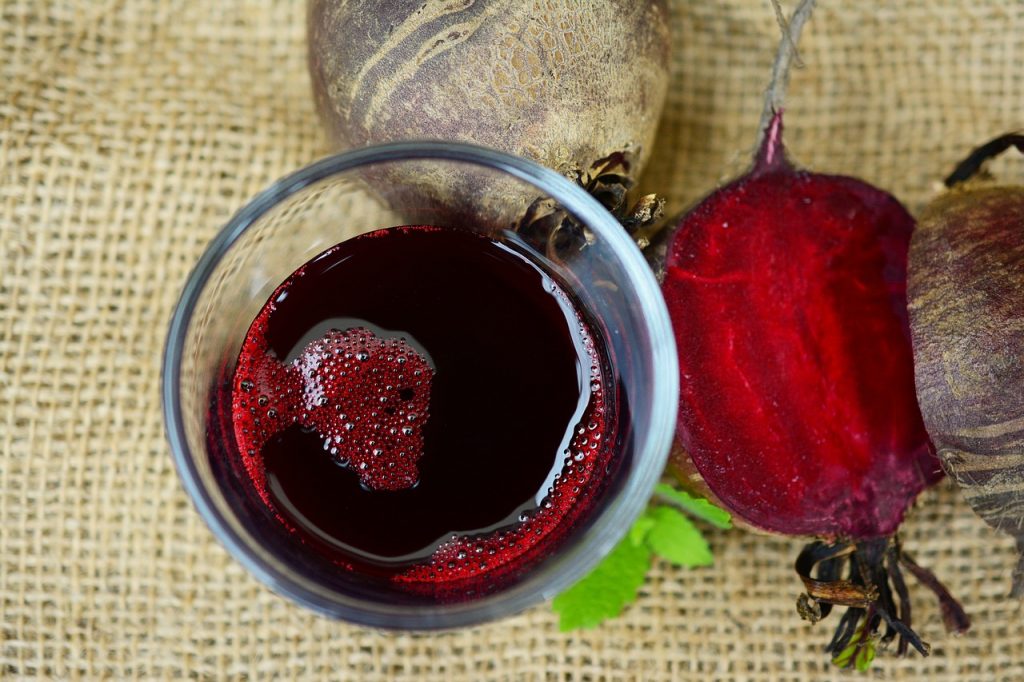As the winter season is fully upon us, your choices of food to eat will change. Some crops won’t be available during the cold months. On the bright side, there are vegetables that are still available throughout this period. Here, we look at the best vegetables to eat in winter to stay healthy.
Kale

Otherwise known as leaf cabbage, these green and purple-colored vegetables have captured the attention of people in recent years due to their many health benefits. For one, it is low in calories. Specifically, 100 grams of fresh kale just has 49 calories.
Likewise, kale can easily complete the daily amount of vitamin K your body requires. With enough vitamin K, you will be less likely to suffer from bone fractures and bone loss. Also, this vitamin is important for treating body injuries through the regulation of blood clots. Furthermore, kale has good amounts of calcium, iron, magnesium, manganese, potassium, and phosphorus.
Radishes

This edible root vegetable is consumed in many countries all around the world. Whether they are part of your salad or tacos, you can always rely on these to keep your healthy throughout winter. For one, a 100-gram serving of it will give you a quarter of your needed vitamin C intake each day. With sufficient vitamin C, your body can readily protect itself from harmful free radicals.
In addition, radishes have vitamin B2, vitamin B9, and vitamin B6. Vitamin B2 or riboflavin helps your body metabolize protein and fats to attain energy. Furthermore, vitamin b9 is good for cancer prevention, muscle building, and cell enhancement.
Brussels Sprouts

While these cabbages simply look like mini-sized versions of what you usually see in stores, Brussels sprouts do pack a lot of nutrition. Similar to radishes, Brussels sprouts also have vitamin C for protecting your immune system and supporting the growth and recovery of body tissues. Also, these vegetables have dietary fiber to help in digestion and to recover from constipation.
If you steam or stir-fry Brussels sprouts, you can still attain a good amount of sulforaphane that has gotten the attention of researchers. The scientific community wants to explore the possible benefits of it in fighting cancer. Consequently, Brussels sprouts contain vitamin B6 to keep your nervous system working properly.
Turnips

Next, we have turnips, which are quite related to radishes since they are both root vegetables. Turnips are pretty low in calories, which is good if you are on a diet. If you eat 100 grams of it, you will only get 28 calories. In fact, this vegetable also contains a good amount of protein and carbohydrates to provide you with enough strength and energy.
However, people who are at risk of developing dangerous blood clots should probably steer clear of turnips. This is due to their high level of Vitamin K, which amounts to 350 percent of the daily recommended intake.
On the other hand, turnips have a good amount of vitamin C. These vegetables can also provide around 40 percent of your vitamin A daily. Similarly, people who need vitamin E to fight cholesterol and to combat free radicals should consume turnips.
Beets

Finally, you should consider eating beets during winter. For one, 100 grams of beets only has 43 calories. Likewise, it has dietary fiber and protein to help your digestion and to develop blood, bones, and muscles.
While it can only provide six percent of your daily recommended intake of vitamin C, it can give you a quarter of vitamin b6 to help in cell division. Additionally, beets have manganese for regulating blood sugar and helping your brain function properly. If that wasn’t enough, these root vegetables also have zinc, sodium, potassium, and phosphorus.
In conclusion, there are many winter vegetables that you can enjoy throughout the winter season. You can eat some of them fresh or steam them if you want. However way you eat them, these vegetables should keep your body healthy during the cold period of the year.
We hope that you learned a lot from our quick guide. If you have any questions, do give us a comment.
Author Bio:
I am Ann Sanders, a Founder of A Green Hand; a blog dedicated to offering a platform for gardening and healthy living enthusiasts to exchange ideas so that we can all play a role in making our world a better place.
A big thanks to our guest author, Ann Sanders. We are thrilled to have her on hand to discuss the importance of eating vegetables throughout the winter months, and all of the reasons why. For more ideas on living a healthy life, click on How to Organize Your Life in the New Year.

Photo Credit: Pixabay, Mojitos and Munchkins







